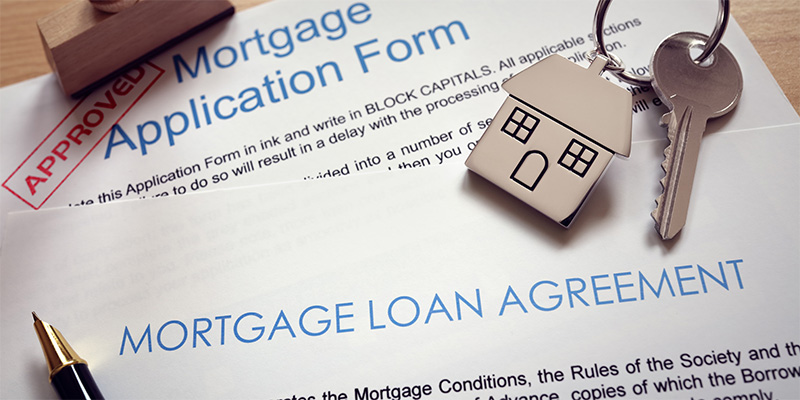
Buying a House Is Riskier than Investing in Stocks
I’m going to make a bold statement—well, it’s right there in the headline, so there goes the element of surprise.

Lower Your Monthly Mortgage Payment
Did you know there is a way to lower your mortgage payments?
Some banks offer a feature on your mortgage called “recasting,” which is where you get to reduce your monthly mortgage payment. It’s on some mortgages, not on others.
But if you’re getting a mortgage, you might want to ask about recasting.
Here’s How It Works
With an ordinary mortgage, you can prepay additional principle. And with an ordinary mortgage, you get your statement in the mail, and it says something like, “Here's the monthly payment, and here’s a line for additional principle.”
Well, if you elect to pay additional principle, you’ll notice that the payment doesn’t get any smaller. But what happens is it reduces the duration of the mortgage. If you had a 30-year mortgage, maybe now you have a 29-year, 10-month one.
Also, what happens is the amount of interest on your payment goes down, but the payment stays the same size. That’s the thing. And a lot of people, I think, would be more incentivized to pay down their mortgages faster if the payment got smaller.
Right now, with recasting, you keep the duration of the mortgage the same, but you reduce the size of the payment.
A Huge Benefit to Homeowners
I used to have a mortgage with recasting. I got it in 2015 and reduced the size of the payment. The payment went from like $3,400 a month to $2,400 a month, which was fantastic.
Remember, though, the duration of the mortgage stays the same with recasting. It’s still a 30-year mortgage, but the payment is smaller.
Okay, so why do you do this? Well, let’s say you reduce your payment from $3,400 to $2,400, but you can keep paying $3,400. That extra thousand will go directly toward principal. If you can afford the payment, which you can, because that’s what the bank determined when you signed up for the loan, you can take that extra principle and pay down the mortgage faster.
So, it really, really helps.
Now, the catch with the mortgage was that I had to put down at least $20,000 to recast.
So, what if you can’t do that?
Pay off Your Mortgage in Under 10 Years
Do this instead: Commit to paying an extra $250 a month on your mortgage and shorten the duration of it. Don’t pay the minimum for 30 years and pay the maximum amount to the bank.
That’s a lot in interest, and interest is profit for the bank. Why do people sit there and pay maximum profit to the bank? I don’t get it. You want to deprive the banks of those interests. If you pay a mortgage down early, you win.
The goal should be to have your mortgage paid off in 10 years, maybe even five.
I talked to somebody recently who has a 15-year mortgage, and he wants to pay it off in five years. That is fantastic. There’s no reason why you should be paying a mortgage beyond 10 years. You absolutely must get it paid off in that time span.
The goal here is to be debt-free. Debt is a source of financial stress, and there is nothing better than living in a house that you own free and clear without encumbrances.

Jared Dillian, MFA
|

No Worries
Generally, I aim to keep the electioneering out of my articles here at Jared Dillian Money.

Establish a Healthy Relationship with Money
There are two types of people in this world: cheap f***s (CFs)—people who spend a little—and high rollers—people who spend a lot.

Don’t Light Your Money on Fire
I know a lot of people who have gone broke because they told themselves, “I can afford the monthly payment.”

This Number Dictates How Much You Can Save
The other night, my wife and I went out for dinner. When it came time to order dessert, I couldn’t help but think, “Is it really worth shelling out $13 for a piece of cake when we have other expenses, like building a big house?”